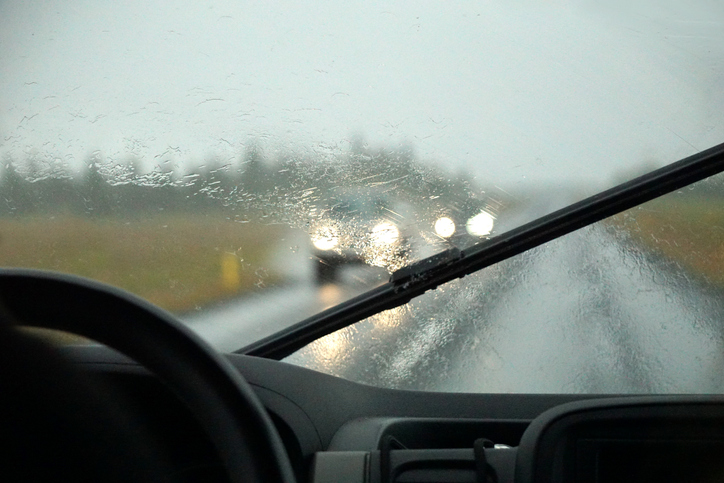Our David W. Martin Accident and Injury Lawyers in South Carolina know that, on average, more than 6,000 people are killed and 445,000 are injured due to weather-related accidents yearly in the U.S.
Most people are surprised to learn snow and ice are not the deadliest driving hazards. Turns out it is rain. Rain is a top cause of auto accidents, accounting for 46% of nationwide weather-related car accidents.
A new analysis of federal data shows that rain causes more driving fatalities than snow in 39 of the 50 states. Although South Carolina ranked 44th for snowfall last year — only collecting 1.5 inches last year — the state ranked 11th in total rainfall, collecting 49.24 inches.
Unfortunately, rain can lead to more deadly crashes than snow and fog combined for several reasons. Here, we explore some of them.
Why Does Rain Cause More Deadly Vehicle Collisions than Other Inclement Weather?

Rainfall can lead to constantly changing road conditions. Puddles and standing water can form, and rain intensity may vary throughout a journey. Drivers must adapt quickly to these dynamic changes, which can be challenging and increase the risk of accidents.
Conversely, snow and fog typically do not produce such rapidly changing conditions.
Other dangerous consequences of driving in the rain include, but are not limited to:
- Reduced Traction
Rain can create slippery road surfaces, reducing tire traction. When vehicles lose traction, they are more likely to skid or hydroplane, leading to loss of control and potentially deadly accidents. Snow, while slippery, often provides better traction due to its texture, and fog typically does not impact traction as much.
- Hydroplaning
In heavy rain, a layer of water can accumulate on the road, causing a vehicle’s tires to lose contact with the pavement. This phenomenon, known as hydroplaning, can lead to a complete loss of control and result in severe accidents. Snow and fog generally do not produce hydroplaning to the same extent.
- Reduced Visibility
Rain can reduce visibility, making it more challenging for drivers to see the road ahead, other vehicles, and traffic signals. This reduced visibility can result in rear-end collisions, side-swipes, and other accidents. Fog can also reduce visibility, but snow usually provides better visibility in comparison.
- Braking Distance
Rain increases the distance it takes for a vehicle to come to a stop. When roads are wet and slippery, it can be more difficult for drivers to brake in time to avoid collisions, increasing the risk of deadly crashes. Snow and fog, while reducing visibility and traction, don’t always impact braking distance to the same extent.
- Driver Behavior
Rain often leads to changes in driver behavior. Some drivers may not adjust their speed and follow distances appropriately for wet conditions, leading to accidents. In contrast, when snow or dense fog is present, many drivers reduce their speed and exercise greater caution.
Drivers must exercise extra caution during rainy conditions, reducing their speed, increasing following distances, and ensuring their vehicle’s lights and windshield wipers are in good working order. Even then, it is impossible to account for other drivers’ behaviors, which can still lead to crashes, injuries, and fatalities on our South Carolina roadways.
Contact Our David W. Martin Accident & Injury Lawyers Today
If you have been injured in a vehicle collision caused by a negligent driver in South Carolina, contact our David W. Martin Accident & Injury Lawyers today by calling 803-258-6199 to learn more about your legal rights and options to hold the negligent party liable for your complete recovery needs.
We provide free consultations for all personal injury cases in South Carolina and never charge any legal fees unless we deliver a positive outcome for your unique case.





